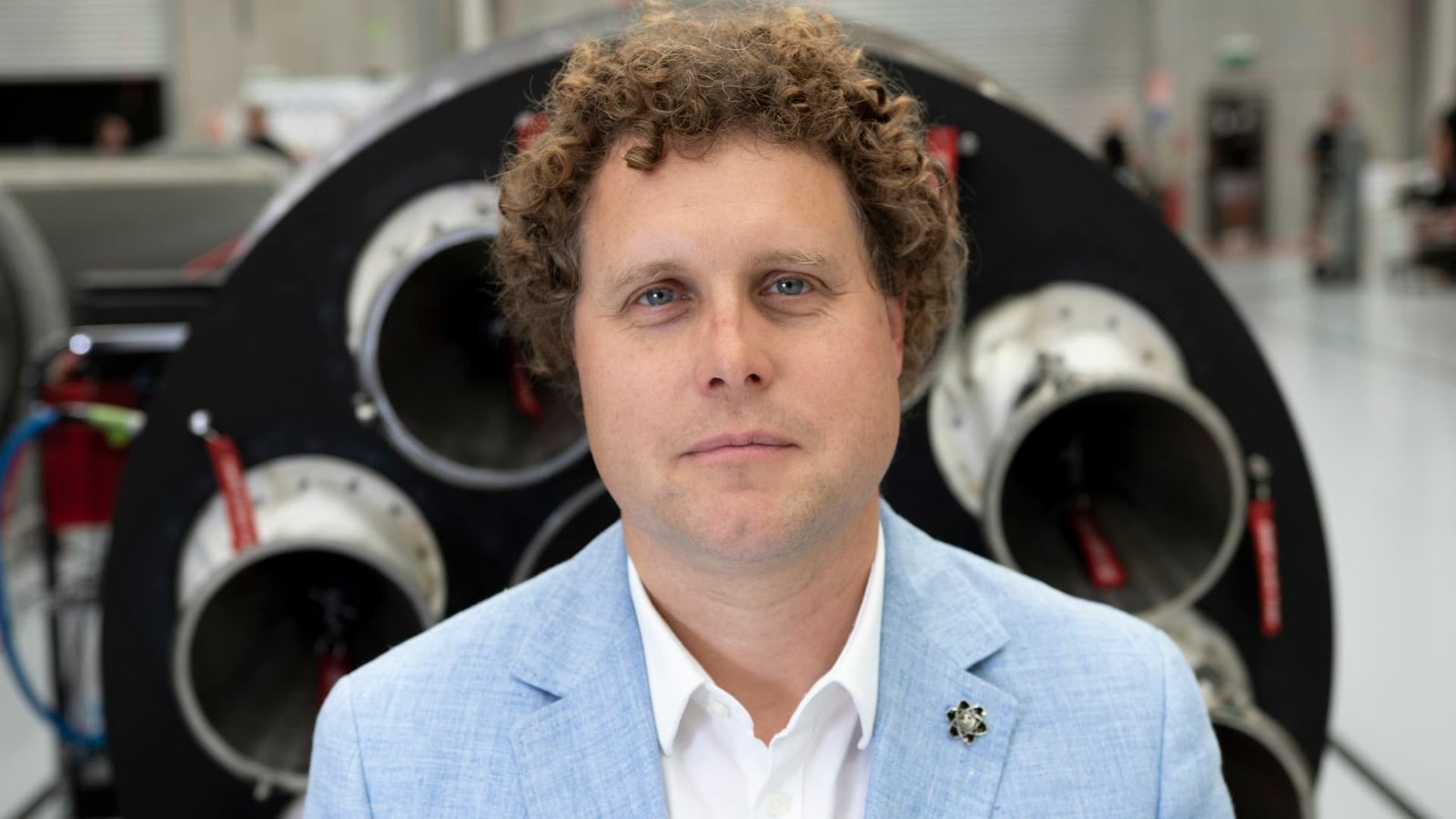Physical Address
304 North Cardinal St.
Dorchester Center, MA 02124
Physical Address
304 North Cardinal St.
Dorchester Center, MA 02124

Rocket Lab CEO Peter Beck is perfectly happy to see the rockets his company builds take to the skies while keeping their feet firmly planted on Earth.
“Some people have a burning desire to go to space. I just have a burning desire to create things so that other people can go to space,” says Beck, 47.
Originally New Zealand He launched Rocket Lab in 2006 without a college degree or space industry connections. His Long Beach, Calif.-based company now has a market value of $11.9 billion as of Wednesday afternoon. dozens between successful rocket launches, becoming one of the fastest growing private space companies in the world.
Beck has a net worth of $1.3 billion. Forbes calculated in november Jeff Bezos and Richard Branson, two other aerospace billionaires, have traveled to outer space. But Beck insists he’s not interested, citing one of the traits that helped him build his company successfully: “A healthy level of paranoia.”
DON’T MISS: The ultimate guide to passive income on the internet
The CEO of Rocket Lab says that while planning and preparing for Rocket Lab’s missions, he is very hands-on, and his obsession with minute details would be too much of a focus to relax and enjoy the journey in space. He says he has “so much respect” for astronauts, especially those with engineering backgrounds, who understand the danger of space travel and do it anyway.
“I would think about all the safety factors of the valves and the structures below me,” says Beck. “So I don’t think it would be very nice… There’s a rare group of people who can do that, and I’m not one of them, unfortunately.”
Beck is not entirely risk-averse. He’s quite comfortable taking big risks, as long as the gamble isn’t life-threatening, he says.
Creating Rocket Lab was a long shot given Beck’s lack of experience. A few years later, when the company launched its first Electron rocket, “(we were) like, 92 percent sure it was going to be fine and work,” says Beck. That attempt failed to reach orbit due to a faulty equipment, but fixing it paved the way for future successful launches.
“You have to risk it,” he says. “If you don’t risk, there’s no reward… (and) you end up as a traditional dinosaur-type player if you want to take every last cent of risk out.”
Beck’s advice for anyone in the workplace: identify which risks you feel are worth taking and then do everything you can to mitigate their potential consequences before taking the leap. That means doing a lot of research and preparing for all potential outcomes — good, bad, or in between — before choosing to take action, he says.
In general, Branson has a similar approach to risk-taking. Despite the millionaire’s well-known penchant for thrill-seeking – jumping 400 meters from a casinocrossing the oceans in a hot air balloon — he believes the key to his success is the calculation behind these risks.
“I’ve always believed in protecting the downside, thinking about what could go wrong and how to limit the damage,” Branson. Forbes told him last month “That’s the smart way to approach risk. At the same time, trusting your instincts is key. If something feels right, even if the odds are tough, I think it’s for it.”
But Beck maintains a more analytical stance when it comes to stepping on a rocket and propelling himself into space. “Never say never,” he says. “Look, I would do it if I had to. If my life depended on it… (But) if you do it for enjoyment, it seems counterintuitive.”
Want to earn extra money outside of your day job? Sign up for CNBC’s online course How to earn passive income online Learn about common passive income, tips for getting started, and real-life success stories.
In addition, sign up for CNBC Make It’s newsletter for tips and tricks to succeed at work, with money and in life.
